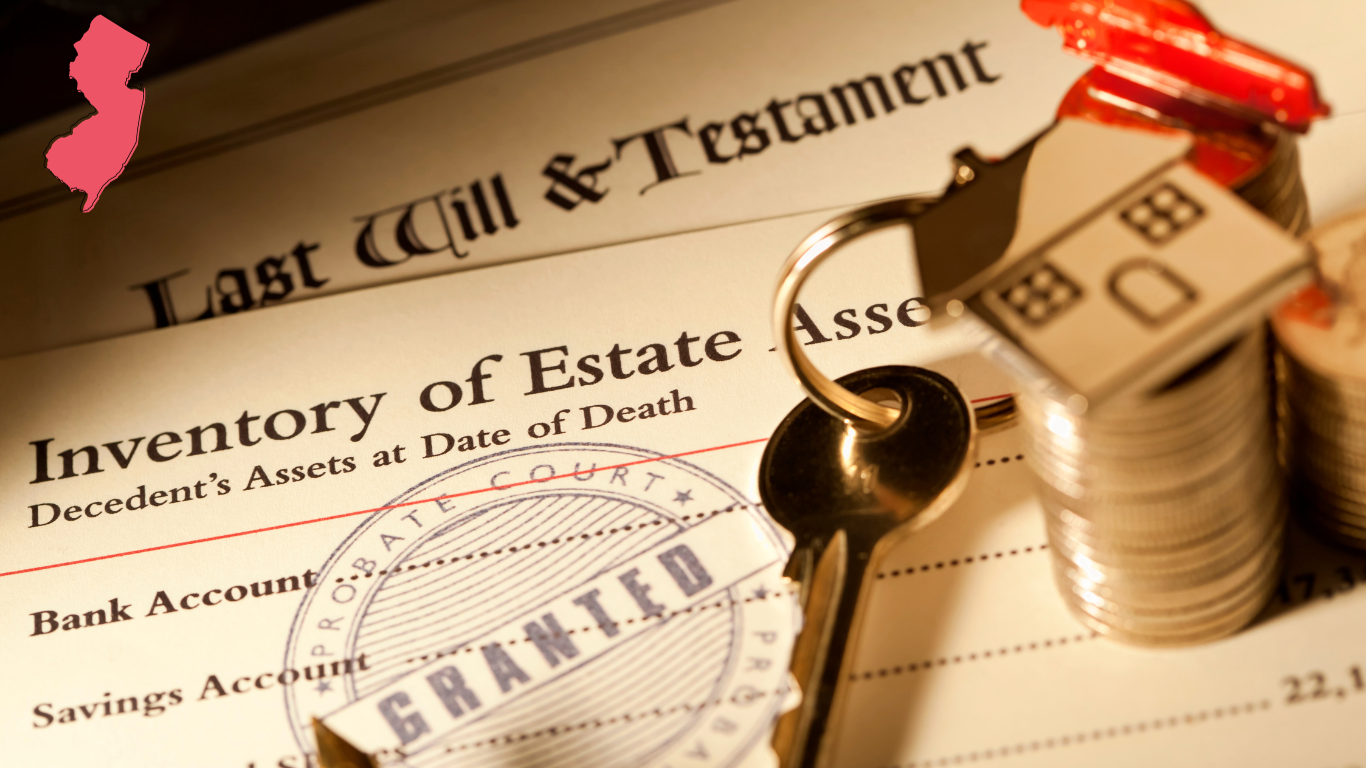Probate in New Jersey: What to Expect and How to Prepare
What is Probate?
You have just lost a loved one. You are still grieving their loss, but you also have to deal with the practicalities of their estate unfortunately. This includes the probate process. Probate is the legal process of settling a deceased person's estate. This involves identifying and gathering the deceased person's assets, paying off any debts and taxes, and distributing the remaining assets to the beneficiaries named in the will or, if there is no will, according to the state's intestacy laws.
Probate is necessary in New Jersey for estates valued at more than $20,000. It is also necessary for estates of any size if the deceased person owned real estate in New Jersey.
The Probate Process in New Jersey
The probate process in New Jersey can be complex and time-consuming, but it is important to understand the steps involved so that you can be prepared.
File a probate petition with the Surrogate's Court in the county where the deceased person resided at the time of death. The probate petition is a document that asks the Surrogate's Court to appoint a personal representative for the estate and to begin the probate process.
The Surrogate's Court will appoint a personal representative for the estate if one has not already been appointed. The personal representative is the person who is legally authorized to handle the estate. If the deceased person left a will, the personal representative is usually the executor of the will. If there is no will, the personal representative is called an administrator.
The personal representative will need to gather all of the deceased person's assets and inventory them. This includes all of the deceased person's bank accounts, investment accounts, real estate, and personal belongings.
The personal representative will also need to notify any known creditors of the estate and give them an opportunity to file claims. Creditors have a limited amount of time after the deceased person's death to file claims against the estate. If a creditor files a claim and the claim is valid, the personal representative will need to pay the claim out of the estate assets.
Once all of the creditors have been paid and any taxes that are owed on the estate have been paid, the personal representative can begin distributing the remaining assets to the beneficiaries named in the will or, if there is no will, according to the state's intestacy laws.
Selling a Loved One's Home in New Jersey
If you are selling a loved one's home in New Jersey, you will need to go through the probate process first. Once the probate process is complete, you will be able to transfer ownership of the home to the buyer.
Here are some tips for selling a loved one's home in New Jersey:
Be patient. It can take longer to sell a home that is part of an estate. This is because the personal representative may need to wait for the probate process to be completed before the home can be sold.
Be flexible. Buyers may be less likely to offer full price for a home that is part of an estate. The personal representative may need to be flexible with the listing price and negotiate the terms of the sale.
Consider selling the home to a cash buyer. Cash buyers can close quickly and may be willing to pay a fair price for the home.
Work with a real estate agent who is experienced in selling estate homes. A qualified real estate agent can help the personal representative with all aspects of the sale process, from preparing the home for sale to negotiating and closing on the sale.
Additional Tips
Here are some additional tips that may help you sell a loved one's home in New Jersey:
Make necessary repairs and updates. Buyers are more likely to purchase a home that is in good condition. If the home needs any repairs or updates, it is important to make them before you list the home for sale. If you do not have the means to make repairs, price the property to reflect the condition of the property. A cash buyer investor might be your best option, as they will buy home in any condition. This option might be the path of least resistance, but won’t be your most lucrative.
Declutter and clean the home. Buyers want to be able to imagine themselves living in the home. Decluttering and cleaning the home will make it more appealing to potential buyers. You can have an estate sale to sell off the personal belongings that other family members do not want.
Price the home competitively. It is important to price the home competitively so that it will sell quickly. A real estate agent can help you determine the best asking price for your home.
Market the home widely. List the home on multiple real estate websites and in local newspapers. You may also want to hold open houses to attract potential buyers.
Selling a loved one's home can be a difficult and emotional process. Here are some tips to help you through this time:
Be patient with yourself and your family. Selling a loved one's home is a big decision, and it is important to take your time and make sure that you are ready to do it.
Get help from others. If you need help with the probate process or with selling the home, don't be afraid to ask for it from friends, family, or professionals.
